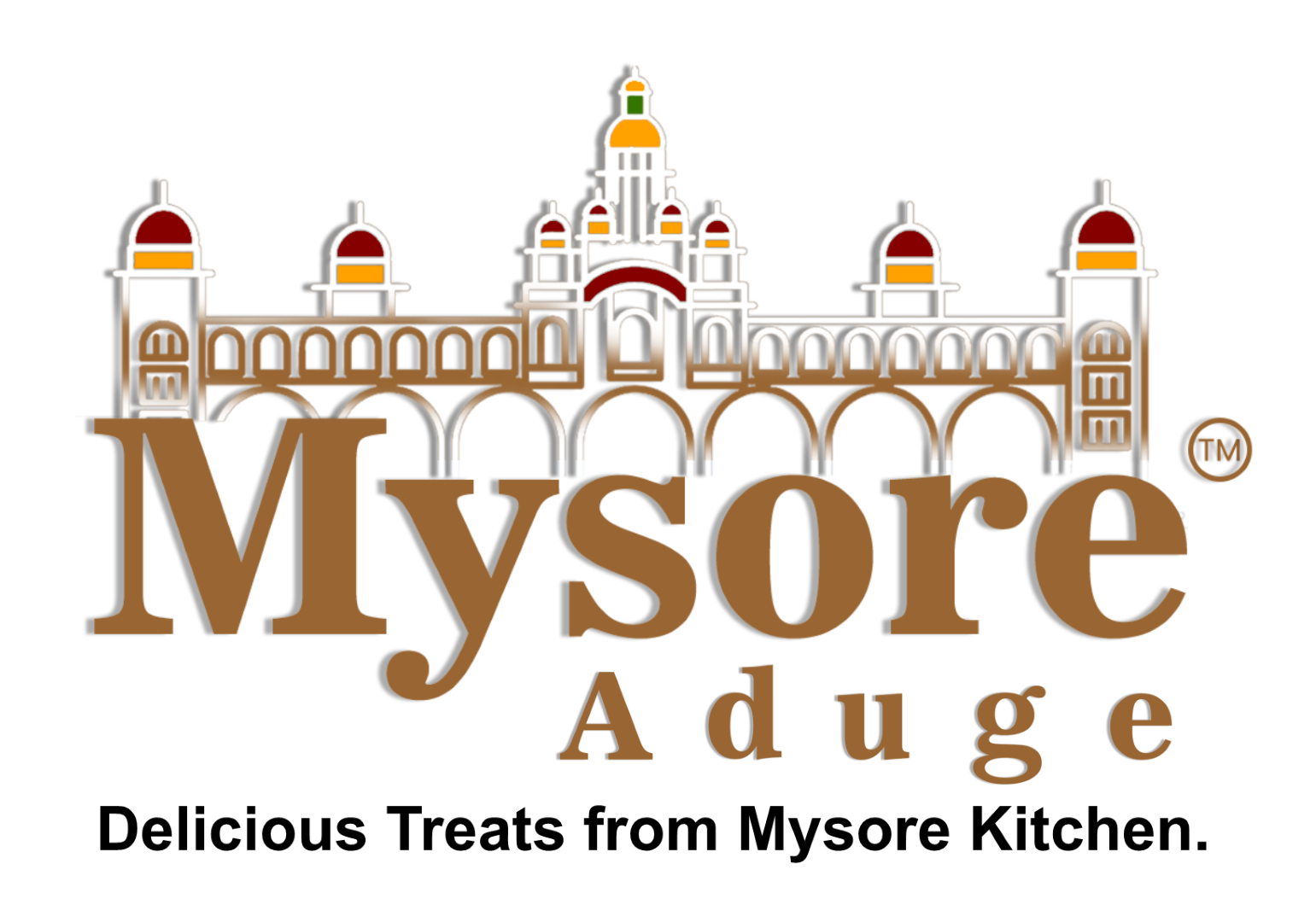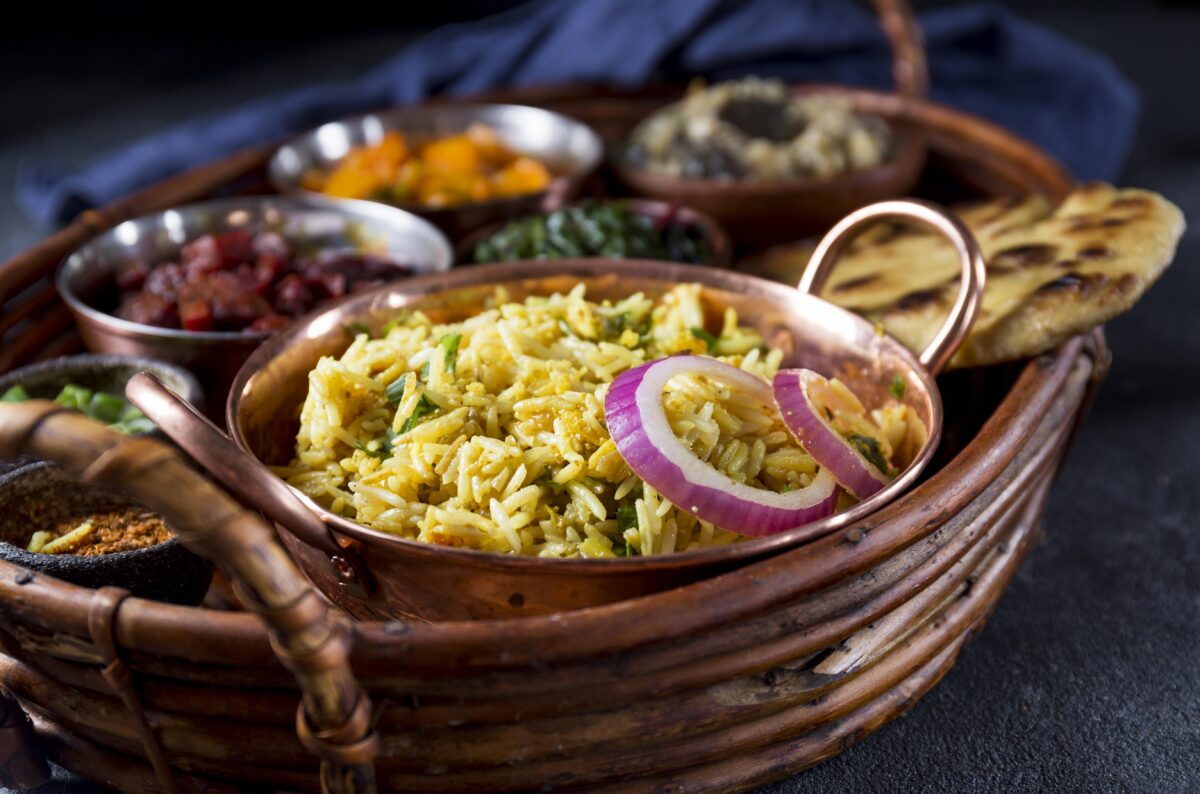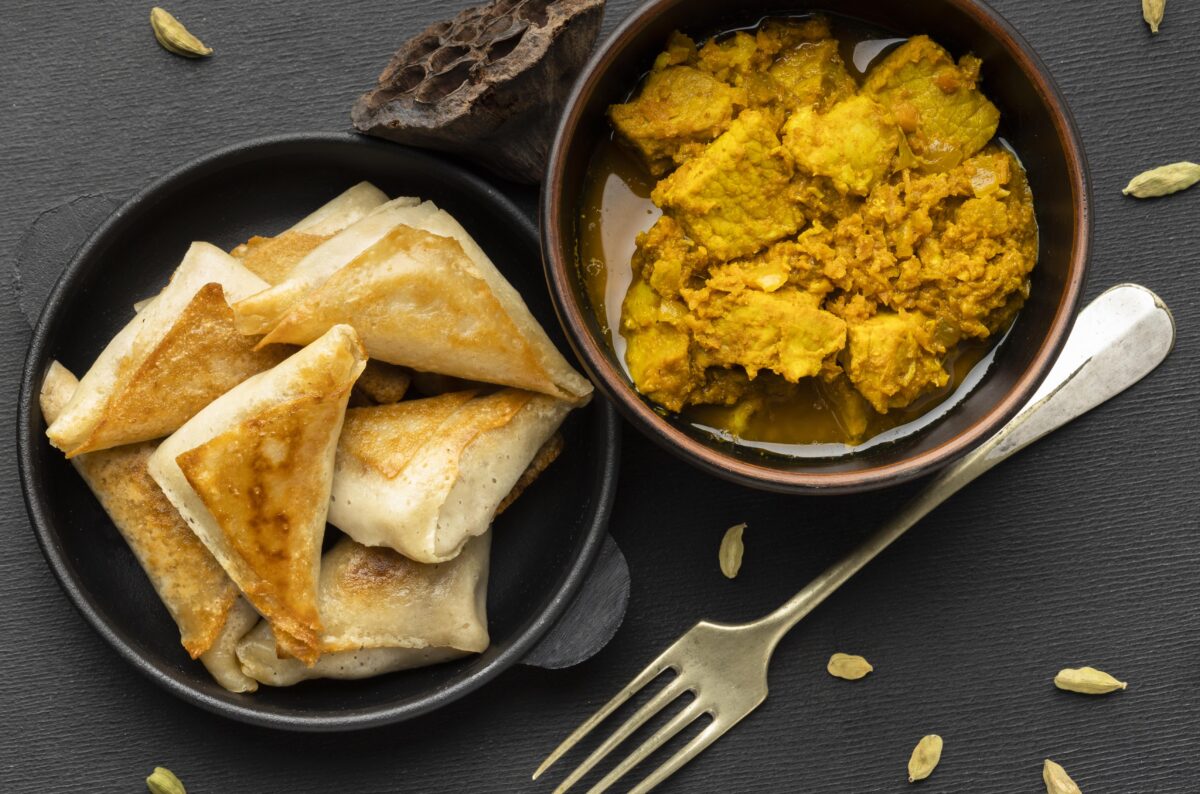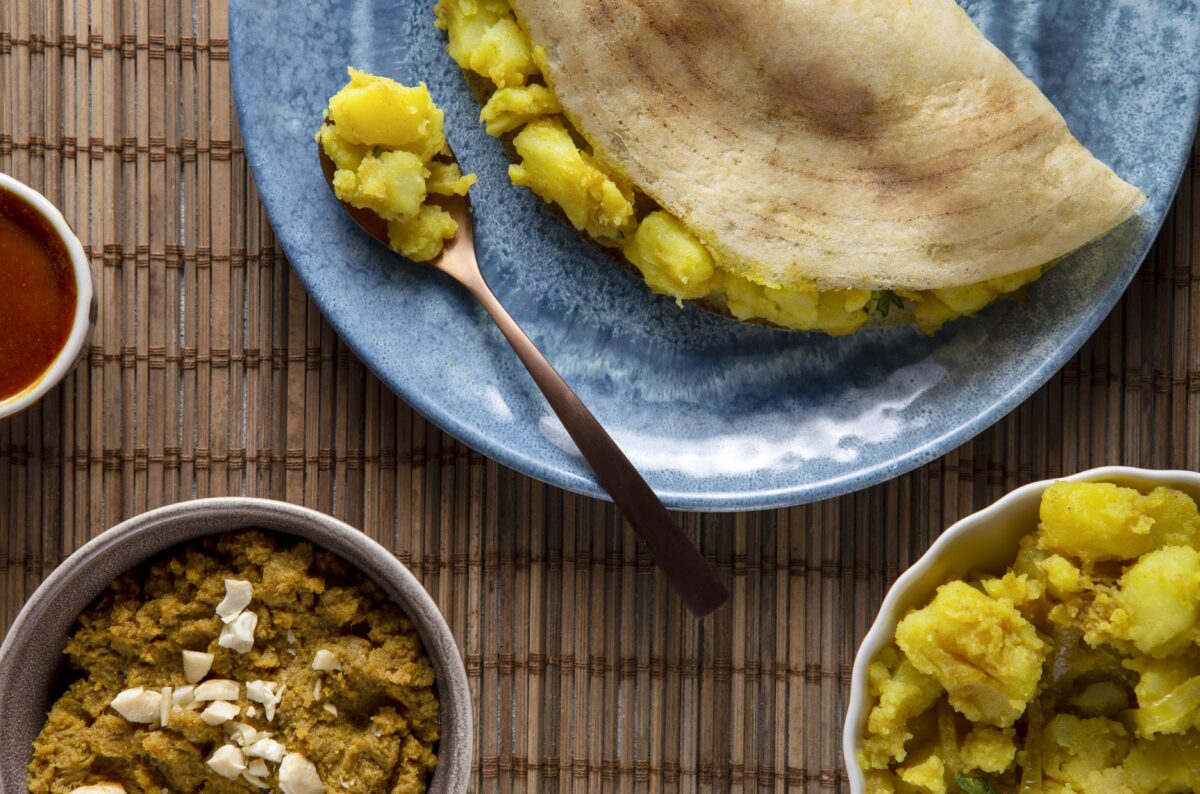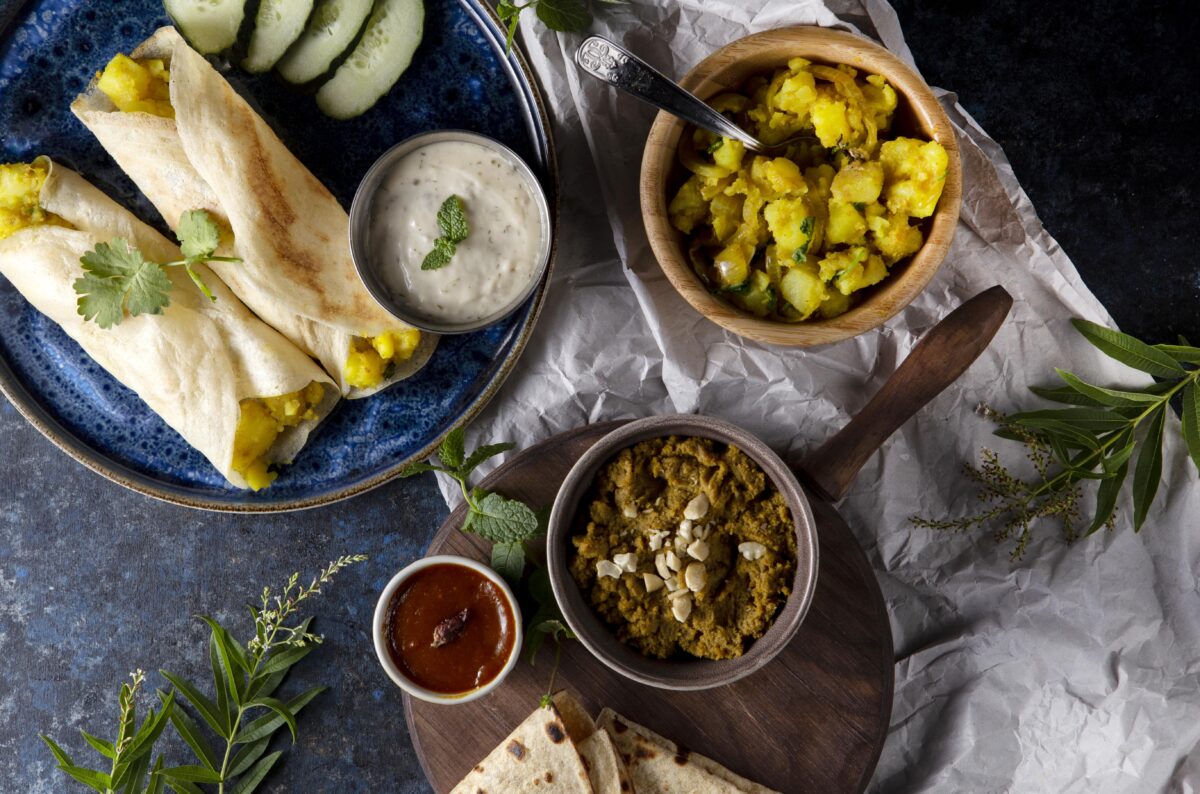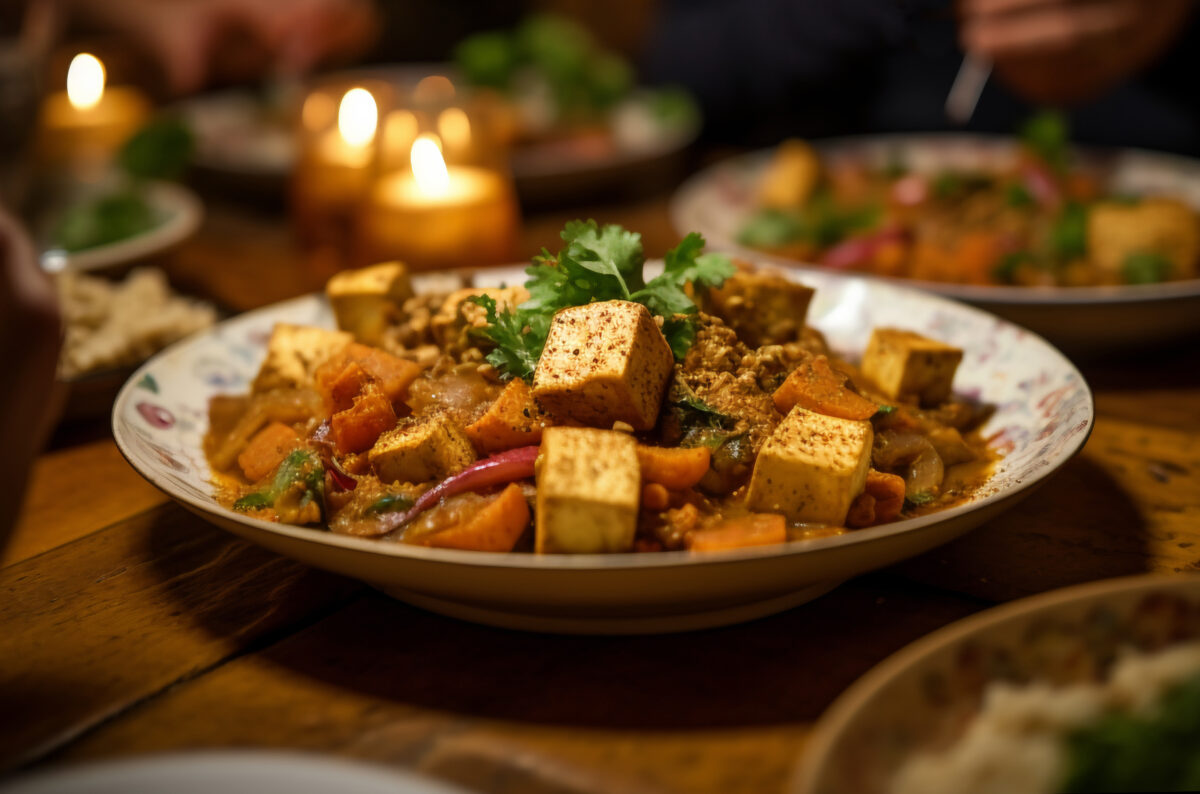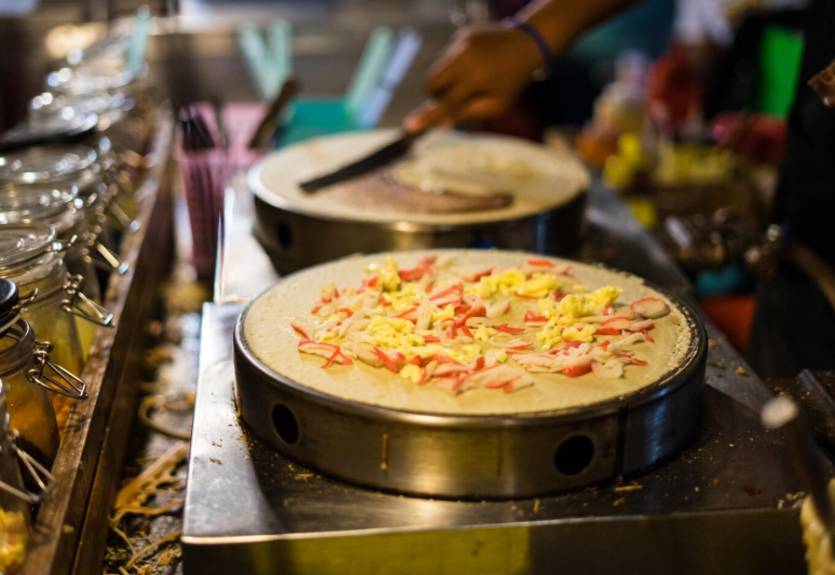
- October 8, 2025
Franchise Fee for Dosa Chain: Complete Guide for Aspiring Food Entrepreneurs
The dosa franchise market in India has witnessed tremendous growth in recent years, driven by the increasing demand for authentic South Indian cuisine. From traditional outlets like Mysore Aduge to modern QSR models such as Dosa Ratnam and Metro Dosa, the opportunities for entrepreneurs to enter the food and beverage industry are abundant.
If you are planning to invest in a dosa chain, understanding the franchise fee for dosa chain and the factors that influence it is essential before making any decision. This guide explores everything you need to know—from investment breakdowns to profitability and real-world examples.
Understanding the Popularity of Dosa Franchises in India
India’s fascination with dosa is not new, but the commercial potential of dosa chains has expanded rapidly with the rise of franchising models. Entrepreneurs across metros and tier-II cities are increasingly investing in South Indian food franchises due to their wide customer appeal, moderate investment range, and consistent demand.
Brands like Mysore Aduge, Dosa Ratnam, and Metro Dosa have created strong business models that blend authentic taste with scalable operations. Each offers franchise options designed to help investors enter the thriving QSR and casual dining segment with manageable risk and healthy returns.
What Does a Franchise Fee for Dosa Chain Mean?
A franchise fee is the one-time payment made by an investor to acquire the rights to operate under a brand’s name and business model. It is the foundation of any franchise agreement and grants access to brand assets, recipes, operations manuals, and marketing support.
For a dosa chain, this franchise fee generally includes:
- The right to use the brand name and logo
- Initial training and setup support
- Operational guidance and marketing materials
- Site evaluation and design assistance
Additionally, franchisees are often required to pay royalty fees, typically ranging between 5–10% of gross revenue, to the franchisor. The total amount can vary significantly depending on the brand’s reputation, scale, and level of operational involvement.
Factors That Influence the Franchise Fee for a Dosa Chain
The franchise fee for dosa chain is determined by several critical factors:
1. Brand Value and Market Recognition
Established brands like Sagar Ratna and Mysore Aduge command higher franchise fees due to their proven customer base, consistent product quality, and strong market presence.
2. Location and City Tier
Prime metro areas attract higher setup costs and franchise fees because of premium real estate and higher operational potential. In contrast, tier-II and tier-III cities often have lower entry costs.
3. Business Model
The model you choose—food court kiosk, takeaway outlet, or full-service dining—impacts the overall investment. For instance, Metro Dosa’s kiosk model requires lower investment compared to full-service restaurants.
4. Support and Training
Brands offering extensive franchisee support, from staff training to marketing and operations, usually charge higher fees. Mysore Aduge, for example, emphasizes comprehensive training and operational guidance as part of its franchise package.
5. Profitability and ROI Potential
Brands with shorter payback periods and higher margins often justify higher franchise fees due to better earning potential.
How to Evaluate if a Dosa Franchise Fee is Worth It
Before investing, assess whether the franchise fee aligns with the brand’s value proposition. A few factors to consider:
- Market demand: Evaluate how well the brand resonates with the local audience.
- Authenticity and menu variety: South Indian cuisine is vast; authentic recipes attract loyal customers.
- Support and marketing: Look for brands that provide active operational and promotional support.
- Return on investment: Review estimated ROI timelines and operating margins before committing.
For instance, Mysore Aduge focuses on authentic Mysorean vegetarian cuisine, while Metro Dosa targets high-volume QSR locations with quick turnover models.
Case Study: Mysore Aduge – Authentic Heritage Meets Modern Franchise Success
Founded in 2021, Mysore Aduge embodies the essence of Mysore’s vegetarian culinary heritage. The brand emphasizes traditional recipes, sattvik cooking principles, and the use of fresh, local ingredients.
The franchise model of Mysore Aduge offers:
- Comprehensive training and operational support
- Assistance with site selection and store design
- Marketing and branding guidance
- Continued operational supervision to maintain quality
Its focus on authenticity, simplicity, and health-conscious cuisine appeals to both urban and semi-urban consumers, making it one of the most promising options for entrepreneurs seeking a low-investment dosa franchise with cultural authenticity.
How Much Should You Expect to Pay in Total for a Dosa Franchise?
The total cost of owning a dosa franchise depends on several variables, but on average, the breakdown is as follows:
- Franchise fee: ₹3–10 Lakhs
- Setup and interiors: ₹10–20 Lakhs
- Kitchen equipment: ₹5–10 Lakhs
- Marketing and launch expenses: ₹2–5 Lakhs
In total, a mid-tier dosa franchise typically requires an investment of ₹20–40 Lakhs, with profitability achievable within 12–24 months.
Tips for Negotiating a Better Franchise Deal
- Compare multiple brands before finalizing a deal to understand average fee structures.
- Request performance data such as existing outlet revenue and ROI.
- Negotiate support clauses, including digital marketing, supply chain management, and regional promotions.
- Ensure transparent agreements covering training, royalties, and territory exclusivity.
By approaching the negotiation strategically, you can secure a deal that aligns with both your budget and long-term business goals.
Future of Dosa Franchises in India
The future of dosa franchises in India looks promising. Several trends are shaping the next phase of growth:
- Increasing demand for authentic regional cuisines in urban markets
- Rapid expansion of vegetarian and health-conscious dining concepts
- Growing opportunities in tier-II and tier-III cities
- Enhanced use of technology in ordering, delivery, and analytics
Brands that can maintain authenticity while scaling efficiently—such as Mysore Aduge—are expected to lead the market in the coming years.
Conclusion: Choosing the Right Dosa Franchise
Investing in a dosa franchise can be a profitable and fulfilling venture if done with the right guidance and research. Understanding the franchise fee for dosa chain, evaluating brand credibility, and analyzing ROI potential are crucial steps in making an informed decision.
Brands like Mysore Aduge offer a balance between tradition, profitability, and operational support, making them ideal for new investors entering the South Indian food franchise space.
Ready to start your own dosa franchise? Partner with a trusted and authentic brand.
Contact Mysore Aduge today to learn more about franchise opportunities, investment plans, and available locations.
Bring the true taste of Mysore to your city and start your journey toward owning a successful South Indian restaurant franchise today.
Frequently Asked Questions
The average franchise fee for a dosa chain ranges from ₹3–10 lakhs, depending on the brand, city, and format (kiosk, takeaway, or dine-in).
Including franchise fees, setup costs, and marketing expenses, the total investment typically falls between ₹20–40 lakhs for mid-level brands and may go beyond ₹1 crore for premium brands like Sagar Ratna.
Most dosa franchisees achieve ROI within 12–24 months, depending on location, management efficiency, and brand strength.
Yes. Reputed brands such as Mysore Aduge and Dosa Ratnam offer full training, marketing assistance, and ongoing operational support to help franchisees manage their outlets efficiently.
The “best” dosa franchise depends on your budget and goals. If you prefer authentic South Indian cuisine with strong brand support, Mysore Aduge is a reliable option. For low-cost entry, Metro Dosa offers a scalable QSR model.
Absolutely. Tier-II and tier-III cities are emerging as profitable markets for dosa chains due to lower overhead costs and growing consumer demand for quality South Indian food.
